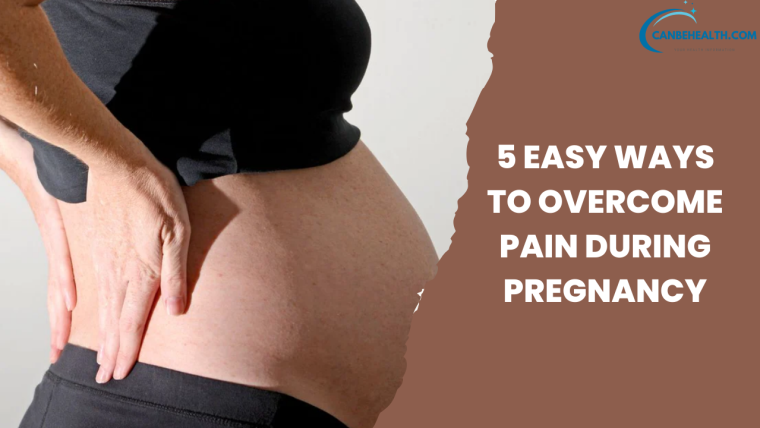Tips for Reducing Constipation in Pregnant Women: Pregnancy brings about various changes in a woman’s body, and one common challenge many face is constipation. It’s crucial to address this issue to ensure the well-being of both the mother and the baby. Let’s explore effective tips for reducing constipation in pregnant women.
Constipation commonly manifests in expectant mothers, a phenomenon often ascribed to the increased levels of the hormone progesterone during gestation. The heightened progesterone levels induce a relaxation of smooth muscles across the physique, inclusive of those within the digestive tract, culminating in a decelerated intestinal movement and heightened water absorption. Consequently, constipation becomes a prevalent challenge for pregnant women.

Reducing Constipation in Pregnant Women
Moreover, the expanding uterus exerting pressure on the intestines, a diet lacking in fiber, and the ingestion of iron supplements also contribute significantly to constipation in pregnant women. In severe instances, constipation may escalate to the point of causing bloody stools.
Preventing and Managing Constipation in Pregnant Women
Mitigating and forestalling constipation in expectant mothers involves adjustments to dietary and lifestyle practices. Here’s a detailed elucidation:
Assimilate foods rich in dietary fiber
Dietary fiber proves efficacious in staving off or ameliorating constipation among pregnant women, having a dual impact: expediting the digestive process and softening stools. Sources of fiber encompass vegetables, legumes, fruits, whole grains, and whole wheat. Maintain a daily fiber intake of 25–30 grams.
Maintain an adequate hydration level
When intestinal movements slow down, there is an augmented absorption of water, resulting in firmer stools. Therefore, sustaining sufficient fluid intake is imperative to thwart constipation in pregnant women. Expectant mothers are counseled to consume 10–12 cups of water daily. Steer clear of excessive caffeinated beverage intake, as it may heighten the risk of premature labor or miscarriage.
Engage in physical activity
Routine physical exertion also plays a role in preventing constipation in pregnant women. Mild exercises like walking or swimming for 20–30 minutes per day, thrice weekly, suffice for expectant mothers. Nonetheless, it is prudent to seek advice from a physician concerning safe physical activities during pregnancy.
Anticipate the repercussions of iron supplementation
Elevated iron and folic acid intake is imperative for pregnant women to sustain pregnancy and avert anemia. Nonetheless, iron supplements can induce constipation and digestive discomfort. To address this concern, pregnant women should consult their obstetrician for optimal guidance and suitable iron supplements to mitigate constipation.
Integrate probiotics into the diet
Probiotics, beneficial bacteria present in items like yogurt and probiotic-infused beverages, can facilitate digestion and diminish harmful bacteria in the intestines. Probiotics are deemed safe for consumption during pregnancy, provided they adhere to medical advice. Hence, probiotics present a viable option for assuaging constipation and diarrhea in pregnant women.
In tandem with the aforementioned approaches, expectant mothers may explore the use of pregnancy-safe laxatives, such as lactulose.
Should the outlined methodologies and remedies prove ineffective, it is advisable to seek counsel from an obstetrician. Pregnant women are discouraged from embarking on any medication or supplement regimen without prior consultation with their healthcare provider.
Read also:
- 5 Benefits of Castor leaf for the Body
- 4 Tests to Detect Abdominal Migraines
- These Foods Effectively Increase Fertility
- 5 Benefits of Purple Eggplant that are Good for Health
- How to Prevent Anemia During Pregnancy?
reference : https://www.ncbi.nlm.nih.gov/pmc/articles/PMC3418980/







Can I Eat Teriyaki Sauce When Pregnant?
Can You Eat Crab While Pregnant?
Implantation Bleeding vs. Period: How to Tell the Difference
14 Crucial Pregnancy Signs
Chronic Energy Deficiency (CED) in Pregnant Women
Are taking hot baths During Pregnancy safe or harmful?
5 Easy Ways to Overcome Pain During Pregnancy
Implantation Bleeding vs. Period: How to Tell the Difference